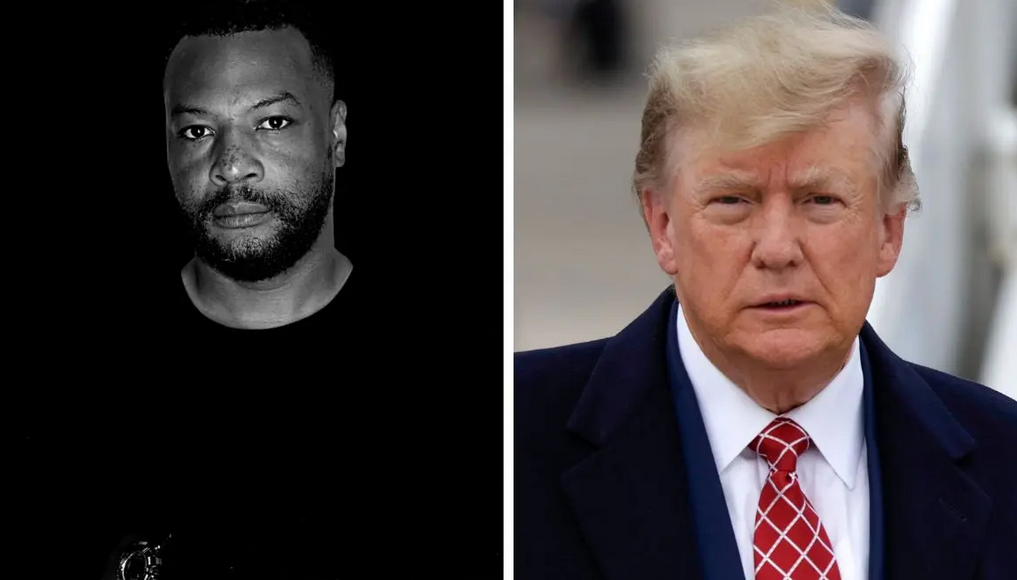In a recent turn of events, Mark Fisher, co-founder of BLM Rhode Island, has taken an unexpected stance by endorsing President Donald Trump for the upcoming 2024 presidential race. Fisher, in a candid interview, voiced his discontent with the Democratic Party, emphasizing that their policies are working against the interests of the black community.
According to a detailed report on Fox News, Fisher expressed his frustration with what he perceives as the Democrats’ duplicity and hypocrisy. He stated, “It’s the duplicity of the Democrats, the hypocrisy. We’re not stupid. The brothers are not stupid. We understand when someone’s for us and when someone is not, and it’s obvious that the Democratic Party is not for us.”
BLM leader endorses Trump for 2024, accuses Dems of ‘racist’ policies: ‘We’re not stupid’ https://t.co/NkiQNG6szx pic.twitter.com/geiGLdhVNO
— New York Post (@nypost) November 30, 2023
Fisher didn’t mince words when discussing the impact of Democratic policies on the black family structure. He asserted, “The policies actually strike at the heart of the black family and the nuclear family.” This strong condemnation echoes his recent appearance on “The Kim Iversen Show,” where he boldly claimed that Democrats “don’t value” the black vote.
Contrary to expectations, Fisher credited Trump’s advocated policies as uplifting for the black community. The endorsement comes at a critical juncture, potentially influencing political dynamics in the upcoming election.
This surprising announcement from a prominent figure within the Black Lives Matter movement raises questions about the alignment of political ideologies within the African American community. As the 2024 presidential race gains momentum, Fisher’s endorsement adds a layer of complexity to the political landscape.
In a diverse and ever-evolving political climate, Fisher’s decision underscores the importance of re-evaluating assumptions about political allegiance. It remains to be seen how this endorsement will resonate within the broader Black Lives Matter movement and whether it will prompt further discussions on the intersection of race and politics.

